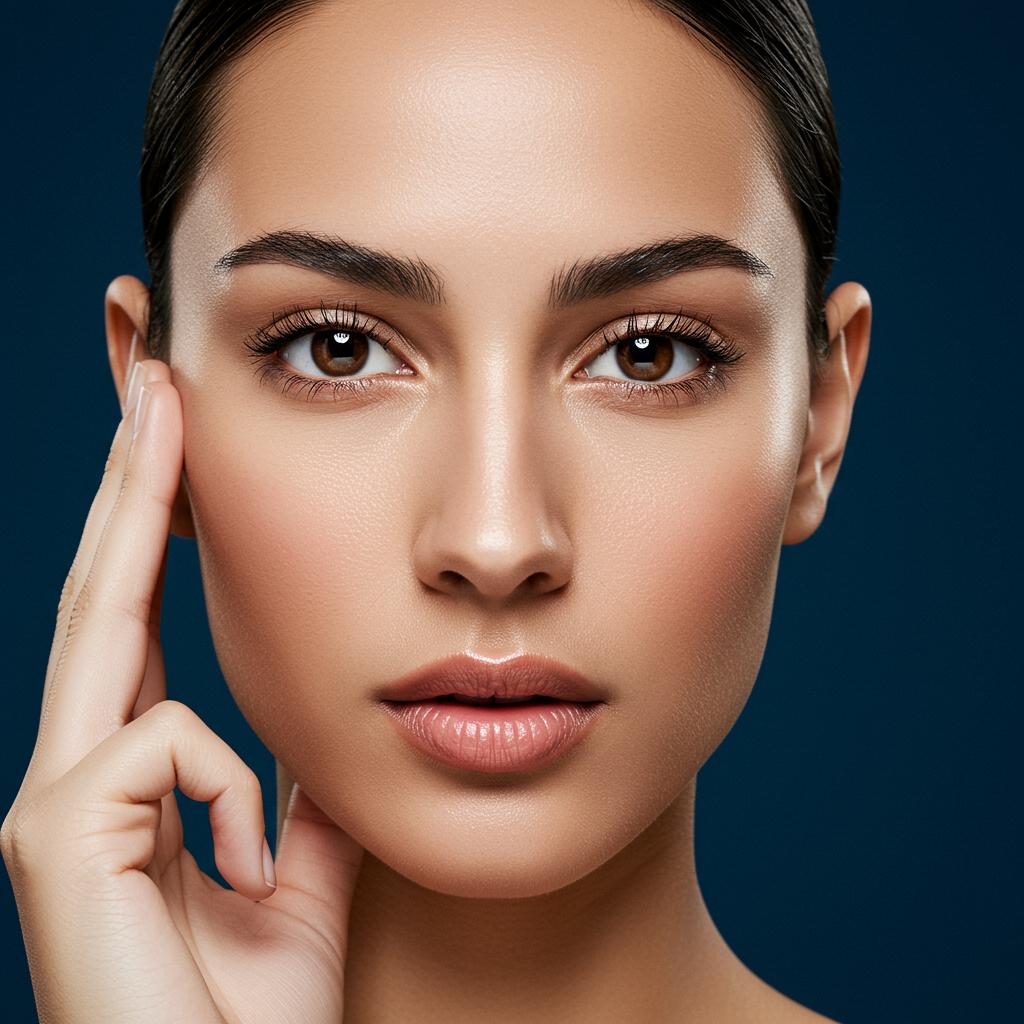
Ever noticed how your skin changes as you age? It’s not just about wrinkles and fine lines. Aging skin can become thinner, drier, and more prone to injury. While we often think of these changes as simply cosmetic, they can actually impact our overall health and well-being. As we live longer, healthy skin becomes even more crucial. That’s why it’s important to understand how we can best care for our skin as we age, moving beyond just surface-level treatments.
We’re now understanding that a key process called cellular senescence plays a big role in skin aging. Essentially, this means our skin cells slow down and don’t function as efficiently as they used to. This can lead to a whole host of issues, including wrinkles, dryness, and increased fragility, sometimes referred to as “dermatoporosis” or chronic skin insufficiency.
Fortunately, there are ways to address these changes and promote healthier skin. While the market is flooded with anti-aging products, it’s important to know which ingredients truly deliver results. We’ll dive into a few key ingredients backed by research that can make a real difference:
- Hyaluronic Acid: Think of this as a super-hydrator for your skin. It attracts and retains moisture, plumping up the skin and improving its elasticity. This can help reduce the appearance of wrinkles and improve overall skin texture. It even has the potential to minimize skin thinning (atrophy) that occurs with age.
- Retinaldehyde (Retinal): This vitamin A derivative is a powerhouse ingredient. It works by activating specific receptors in your skin cells that boost collagen production and improve skin elasticity. This can lead to firmer, smoother skin and a reduction in fine lines and wrinkles. Retinaldehyde is often considered more potent than retinol but gentler than prescription-strength retinoids.
- Vitamins C and E: These vitamins are potent antioxidants. They work together to protect your skin from damage caused by free radicals – unstable molecules that contribute to aging. Vitamin C also helps brighten the skin and can even out skin tone, while vitamin E supports skin hydration and barrier function.
- Niacinamide (Vitamin B3): This multi-tasking ingredient offers a range of benefits. It helps calm inflammation, reduces redness, and can even improve skin tone. Importantly, it also plays a role in mitigating the negative effects of cellular senescence, helping to maintain healthier skin function as we age.
Finding the right skincare routine can feel overwhelming. But by focusing on these key ingredients, you can address the root causes of skin aging and support your skin’s health for years to come. Remember to always introduce new products gradually and consult with a dermatologist if you have any specific skin concerns. They can help you tailor a routine that’s perfect for your individual needs and skin type. This isn’t just about looking younger; it’s about feeling confident and comfortable in your own skin at every age.
